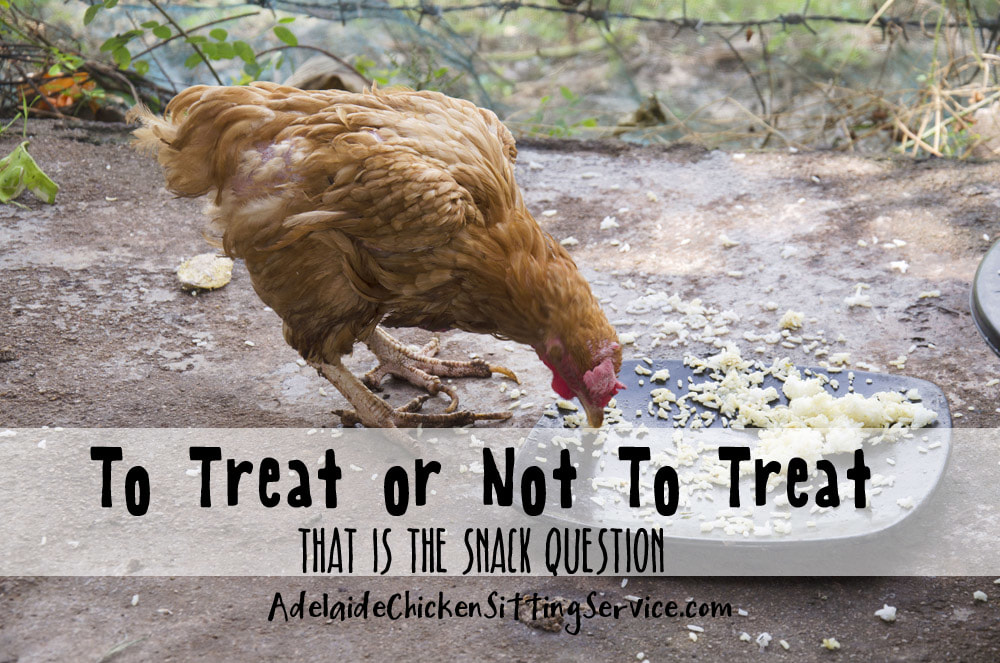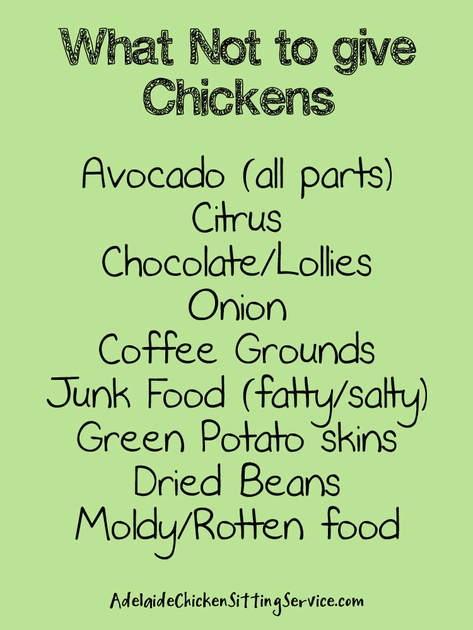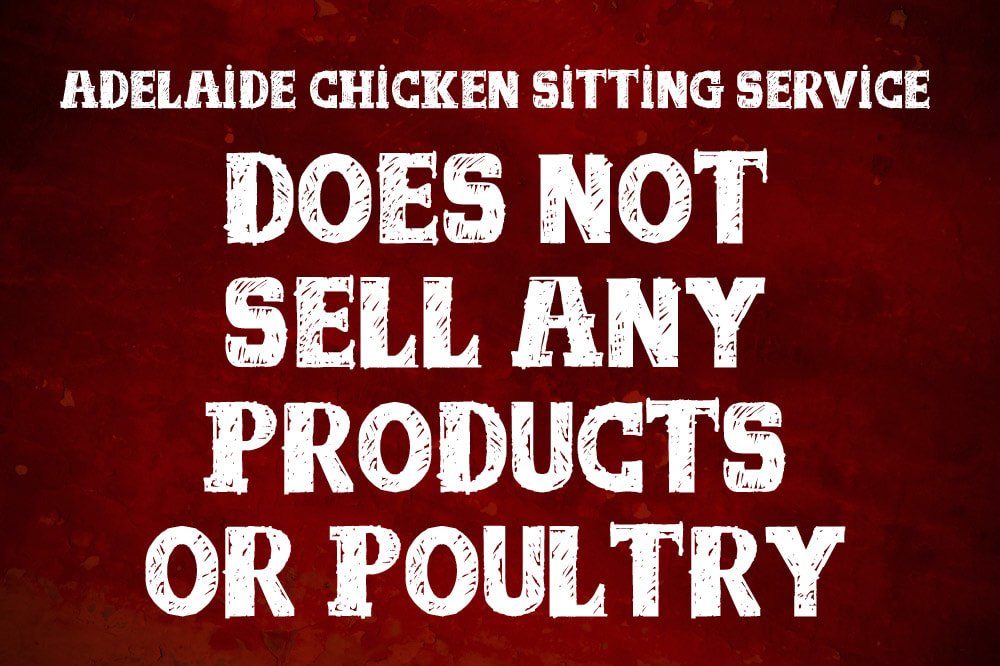All poultry owners get into the habit of loving their birds and giving them treats, but treating can get out of hand...quickly.
I know, because I see it in almost every backyard I visit!
Overfed hens can suffer a number of issues including fatty liver syndrome, impacted crop and nutritional deficiencies which can lead to poor health or a lack of egg laying.
"I saw this thing on Pinterest!"
Creating things like Peck Blocks are a waste of time in an Australian climate, as it assumes that there is nothing to forage (due to snow) and that the bags of feed that is bought from the fodder store is somehow inadequate (they are balanced and perfect for the average backyard flock).
The chickens are unlikely to even use a commercial peck block...or a xylophone!
Educating poultry owners is important.
What not to give is an important part of teaching people about good poultry health.
We all know you are going to give your hens a treat any way, so the best treat options need to made clear.
All over Facebook, Instagram and Poultry Forums there are pictures upon pictures of people's amazing breakfast creations made up just for the hens. Unless they are nursing a bird back to full health after terrible neglect, there is no need to go to such lengths. PLEASE DON'T COPY.
A balance of grains, protein, calcium and grit are essential to the chicken's diet.
This has preference above all other foods - above fruit and vegetables!
Poultry need a variety of vitamins in their daily diet, but they do not need to fruit and vegetable source balance like humans do. That is why fruit and vegetables are considered TREATS, not a main source of their diet.
Cut out the porridge - reduce the use to using it only when giving medication such as probiotics after an antibiotic treatment. Oats are not a normal part of a chicken's diet and actually not as digestible for them as it appears.
Treats should never replace their normal feed.
Once or twice a week for any treats or supplements (unless otherwise advised by your Vet).
Yogurt, veggie and fruit scraps, left over pasta/rice, canned fish, a piece of bread (not a loaf) - only once or twice a week.
Ducks are different to chickens with the treats they prefer.
Ducks will happily eat small snails and slugs and require their feed to be moistened - or at least their water source to be right next to their dry feed.
Chickens are NOT slug and snail eaters, in fact you would have to do a lot of disguising of them to even get hens to eat them. Likewise with wet or moist feed, chickens are more prone to issues in their gut with wet grain, even more so if it becomes moldy and smelly.
Even though bread is a firm favourite with all poultry, NEVER let bread become the usual treat. Opt for the veggie scraps first.
Is there a good time to give treats?
Yes, particularly:
- training them
- restoring health after illness/hatching (mother hen)
- during moulting season
Nutritional needs can change throughout a hen's life, extra protein sources (within reason) are a great option.
Balance is key because too much protein can also have a detrimental effect on their small kidneys.
Keep it to once or twice a week and you will be doing it right.
Not all of us are out to confuse you. Some bloggers just want to be popular with their audience.
General rule: if poultry don't find it in nature, they probably don't need it.





 RSS Feed
RSS Feed